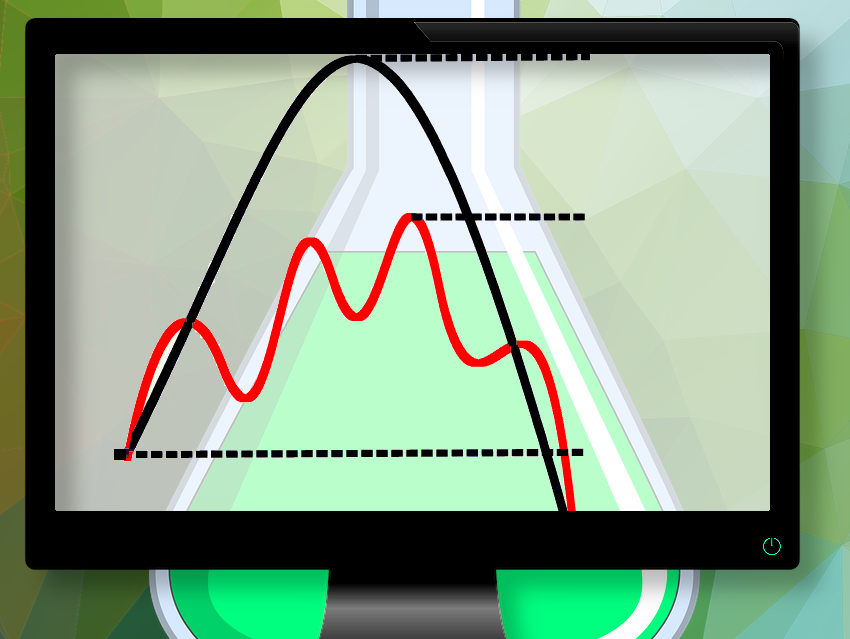Merck has announced a three-year collaboration with the research groups of John Hartwig, the Henry Rapoport Professor of Organic Chemistry at the University of California, Berkeley, CA, USA, and a senior scientist at Lawrence Berkeley National Laboratory, CA, USA. The research aims to enhance the development of new catalytic materials by using machine learning and advanced algorithms to find the best catalyst for a process, even when there is limited reaction data. Machine learning algorithms will be combined with high-throughput experiments to produce optimized predictions based on real-world results. The outcomes of this collaboration will include new algorithms, software, and innovative catalyst materials.
The collaboration is funded by Merck’s 2022 Research Grant called “Chemistry in the Cloud—Rapid Synthesis through Automation.” This annual research grant program, initiated in 2018, aims to explore potentially groundbreaking technologies that impact Merck’s businesses. It is open to scientists at all career levels affiliated with research-based institutions, universities, or companies. The selection process consists of multiple stages.
John F. Hartwig, born in 1964 in Elmhurst, IL, USA, studied chemistry at Princeton University, New York, USA, from 1982 to 1986, and received his Ph.D. in chemistry from the University of California, Berkeley, in 1990. Following that, he worked as an American Cancer Society postdoctoral fellow with Stephen Lippard at the Massachusetts Institute of Technology (MIT), Cambridge, MA, USA, from 1990 to 1992. Afterwards, Hartwig joined Yale University, where he held various positions including Assistant Professor (1992–1996), Associate Professor (1996–1998), Professor (1998–2004), and ultimately became the Irénée P. duPont Professor of Chemistry (2004–2006). He served as the Kenneth L. Rinehart Jr. Professor of Chemistry at the University of Illinois at Urbana-Champaign from 2006 to 2011.
John F. Hartwig’s research primarily focuses on the discovery and understanding of new reactions catalyzed by transition metal complexes. He is known for his contributions to widely used cross-coupling chemistry, enabling the formation of arylamines, aryl ethers, aryl sulfides, α-aryl carbonyl compounds, and practical C–H bond functionalization reactions. Among his many honors, Hartwig was awarded the 2019 Wolf Prize in Chemistry and the 2022 Emanuel Merck Lectureship.
Merck’s Digital Chemistry team aims to enhance productivity, foster innovation, and address chemistry-related challenges by providing digital tools and applications across the company’s business units, while also exploring opportunities to expand digital businesses.
- Hartwig Group, University of California, Berkeley, CA, USA
- Merck KGaA, Darmstadt, Germany





Quite an interesting field of Chemistry, as a young chemistry researcher , wish I could study more on this Computational Catalysis science.